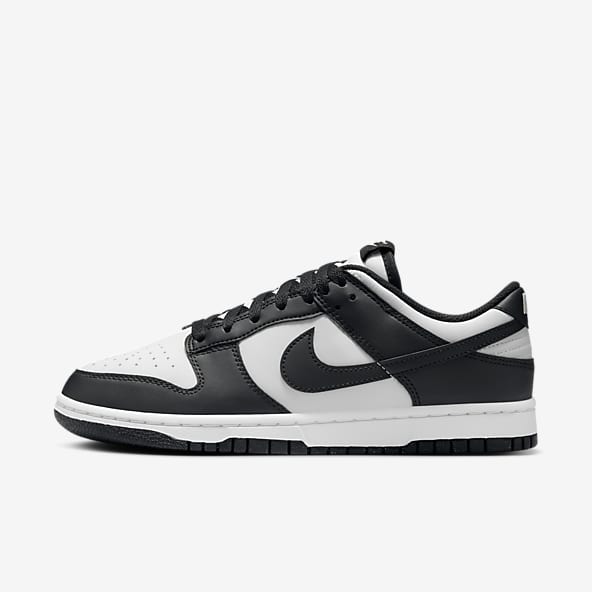
Nike SB Delta Force Vulc, Scarpe da Skateboard Unisex-Adulto, Nero (Black/White/Anthracite/White 010), 44 EU : Nike: Amazon.it: Moda

Scarpe NIKE - Sb Zoom Blazer Mid 864349-106 White/Lucky Green/White - Sneakers - Scarpe basse - Uomo | escarpe.it

Scarpe NIKE - Sb Zoom Blazer Mid 864349-106 White/Lucky Green/White - Sneakers - Scarpe basse - Uomo | escarpe.it




/nike-scarpe-sb-chron-2-dm3493-400-blu-scuro.jpg)






/nike-scarpe-sb-chron-2-dm3493-400-blu-scuro.jpg)









